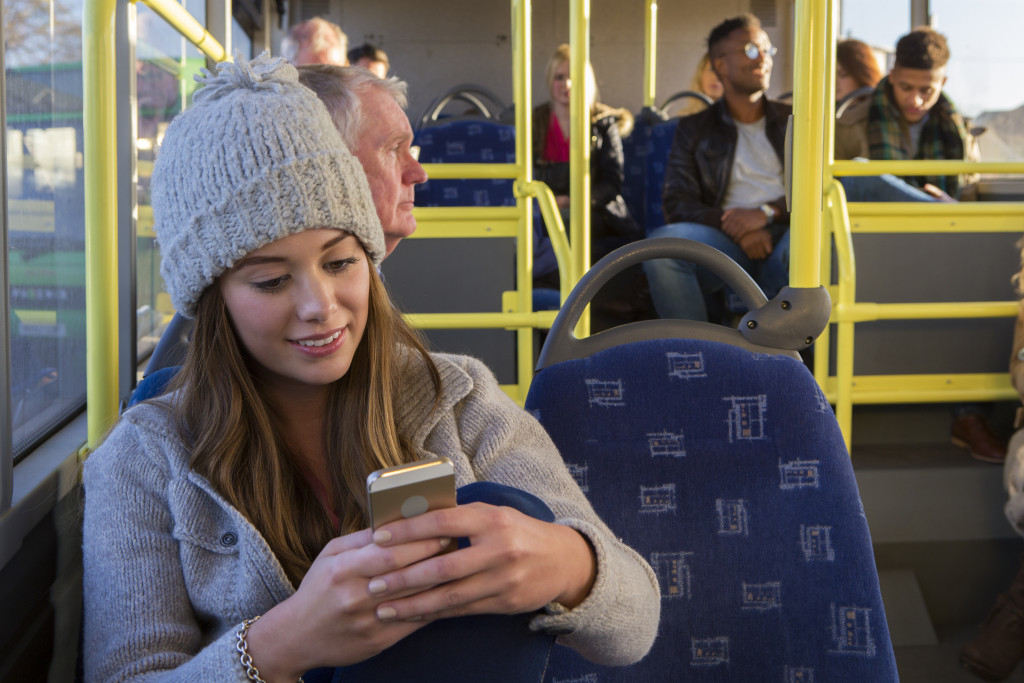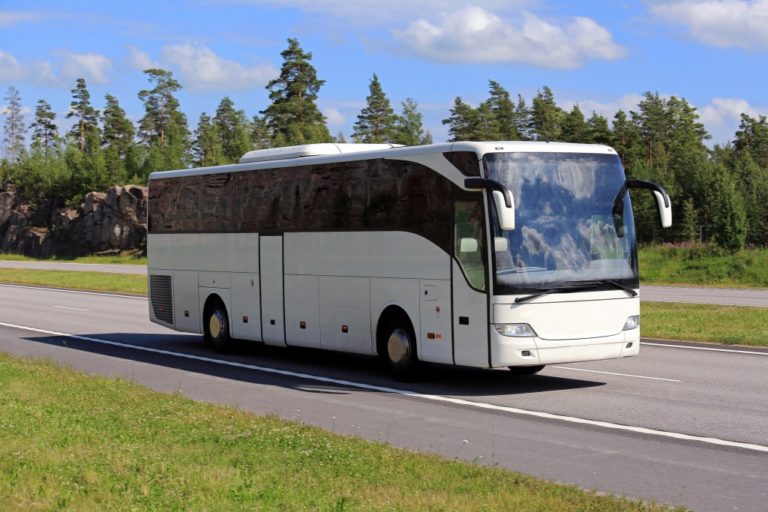If you live quite far from your school or workplace and don’t have your own private transport, you may have to opt for public transportation. The thing is, commuting can be such a gamble. On some days, that train or bus ride can be the most relaxing part of your day. However, come rush hour, commuting can easily turn into survival of the fittest.
Consider these pros and cons if you’re planning to use public transportation on a daily basis.
ADVANTAGE: More savings
If you wish to keep costs down, public transportation is your best bet. The cost of riding a bus or train is almost nothing compared to the maintenance and fuel costs that come with a personal vehicle. Commuting will also save you from congestion charges, monthly insurance, and daily parking fees.
DISADVANTAGE: Longer travel time

While commuting can lead to larger savings, it may be at the expense of your time. Most buses and trains run on a schedule so you may have to adjust your daily activities around it. You may have to wake up a bit earlier or avoid staying out too late lest you miss the last trip. Commuting also requires you to sit through countless stops which means you won’t reach your destination as quickly as you would like. In addition, cancellations may strike due to unplanned vehicle downtime.
The key is to finding public transportation that fits your schedule. List down all possible routes and be familiar with bus and train schedules. Test out different routes to find the most convenient for you. It’s also essential to have alternate options in case of delays.
ADVANTAGE: No parking
Leaving your car at home means you don’t have to worry about finding parking space. These days, parking is often scarce and pricey. With commuting, you get to save time hunting for parking AND simply head straight to wherever you need to be.
DISADVANTAGE: Space and privacy limitations
Commuting means sacrificing the luxury of personal space. There are no physical barriers that can prevent the person sitting next to you from peering at your phone or the contents of your bag. Trains and buses can also get crowded which means you become exposed to all sorts of germs and contagious diseases. You’ll never know what you can catch from someone’s cough or sneeze.
ADVANTAGE: Decreased environmental impact
Research shows that the average petrol car in the UK produces the equivalent of 180g of CO2/km, while a diesel car produces 173g of CO2/km. Fewer cars on the road mean less greenhouse gas emissions and cleaner air.
Opting for public transport is one of the easiest ways to be kinder to the environment. Similarly, carpooling can reduce the carbon footprint of your commute and minimise air pollution. It can also reduce traffic congestion which can make commuting quicker and less stressful for all.
Despite the trade-offs, public transportation offers a more sustainable method of travel. It promotes freedom and personal mobility while keeping costs to a minimum. In today’s highly populated world, choosing to travel by bus, train, bike or on foot, makes you a smarter and more responsible traveler.




